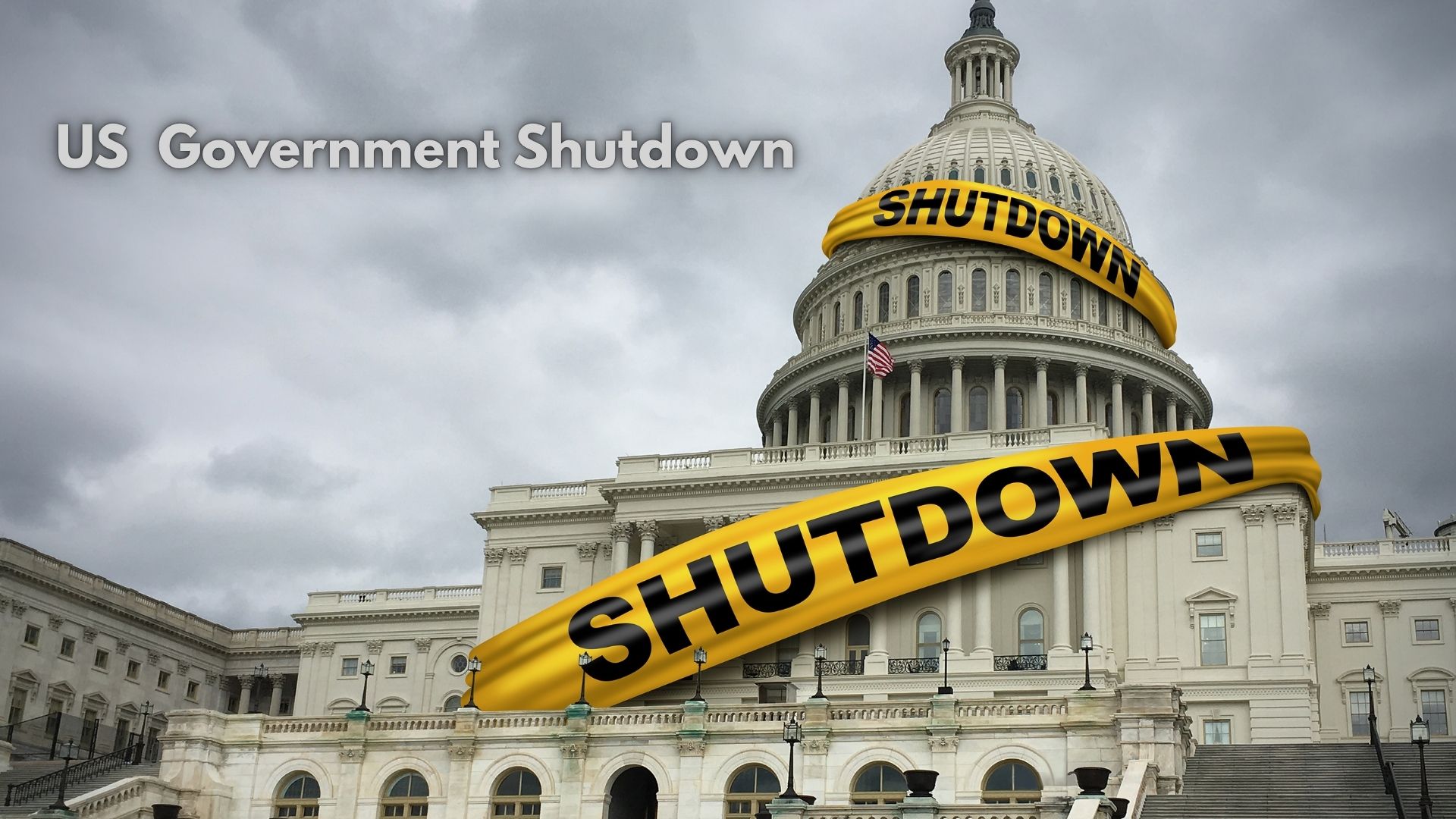October 1st, 2025, brought unwelcome news: the U.S. government has shut down. For the first time since the lengthy 2018-2019 closure, federal operations have ground to a halt, and hundreds of thousands of government workers are now sitting at home wondering when their next paycheck will arrive.
How Did We Get Here?
This wasn't some sudden surprise. The shutdown came after weeks of political theater in Washington, with neither side willing to budge. President Trump's administration and congressional Democrats have been locked in a bitter fight over budget priorities, and nobody blinked in time.
The sticking points?
Healthcare costs are through the roof, and there's heated debate over proposed Medicaid cuts. Democrats and Republicans are so far apart on spending priorities that they couldn't even agree on a temporary funding patch to keep things running. Making matters worse, Senate rules require 60 votes to pass spending bills, which meant neither party had the muscle to force a solution.
What Does This Mean for Regular People?
If you're a federal employee deemed "non-essential," you're not going to work today. You're furloughed, and you're not getting paid until this mess gets sorted out. That's the harsh reality for hundreds of thousands of families right now.
Some workers are considered essential—think air traffic controllers, military personnel, emergency responders. They still have to show up, but there's no guarantee when they'll see their paychecks either.
For everyone else, the shutdown means closed national parks, delayed economic reports, and scaled-back services across numerous federal agencies. It's not just a political problem anymore; it's affecting real life in tangible ways.
Who's to Blame?
Depends on who you ask.
Republicans and President Trump say Democrats are holding the budget hostage by demanding healthcare protections and social program funding that weren't on the table. They argue Democrats are being unreasonable and playing politics with people's livelihoods.
Democrats fire back that Republicans want to gut health insurance subsidies and slash Medicaid while refusing to compromise. To them, this isn't just about money—it's about protecting vulnerable Americans from harmful cuts.
Last-minute talks at the White House went nowhere. Both sides left more entrenched than when they arrived, and the partisan divide only deepened.
Where Do We Go From Here?
This is the 21st time the government has run out of money in modern history, and the third shutdown during Trump's presidency. History tells us these standoffs eventually end when Congress passes either a short-term funding bill or a full budget, and furloughed workers typically receive back pay.
But nobody knows how long this one will last. It all depends on whether lawmakers can swallow their pride and find common ground—and right now, that seems like a big ask.
A Different Perspective: Reading the Cosmic Tea Leaves
For those who follow astrology, government shutdowns aren't just political failures—they're reflections of deeper cosmic patterns playing out in the collective consciousness.
Mundane astrology looks at planetary movements to understand societal shifts. Right now, some astrologers point to Neptune's influence (confusion, dissolving structures), Saturn's presence (restriction, austerity), and especially Pluto's recent move into Aquarius in 2024.
Pluto is the planet of transformation and upheaval, and its journey through Aquarius is seen as a signal that America's institutions are due for a major overhaul.
From this viewpoint, the shutdown isn't a random political accident. It's part of a larger story about outdated systems breaking down so something new can emerge. The paralysis in Washington mirrors the tension between Saturn's restrictions and Neptune's fog of uncertainty.
The Bottom Line
Whether you see this through a political lens or a cosmic one, the message is similar: we're in a moment of crisis that demands change. Federal workers are stuck without pay, public services are on hold, and trust in government continues to erode.
Maybe this is just another temporary standoff that will blow over in a few weeks. Or maybe it's a symptom of something bigger—a signal that the old ways of doing things in Washington simply aren't working anymore.
Either way, hundreds of thousands of Americans are paying the price while politicians point fingers. And that reality is frustratingly, unmistakably human.











